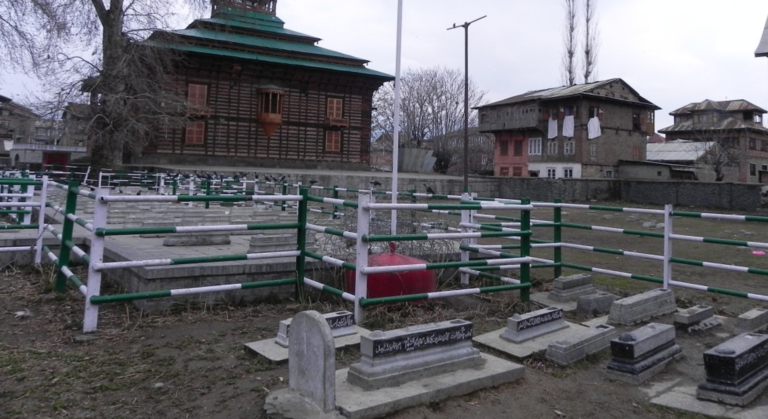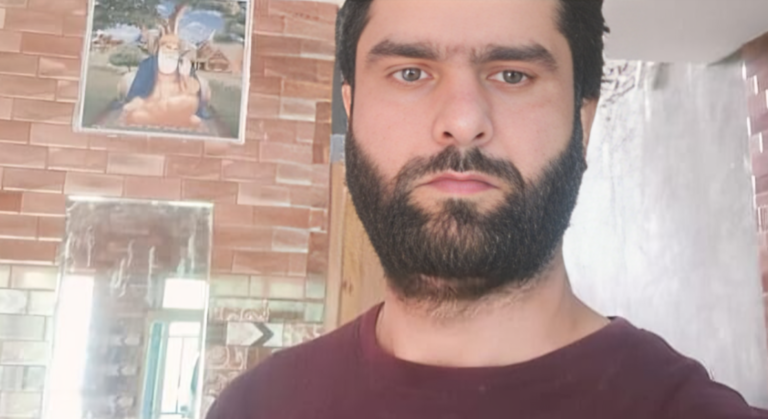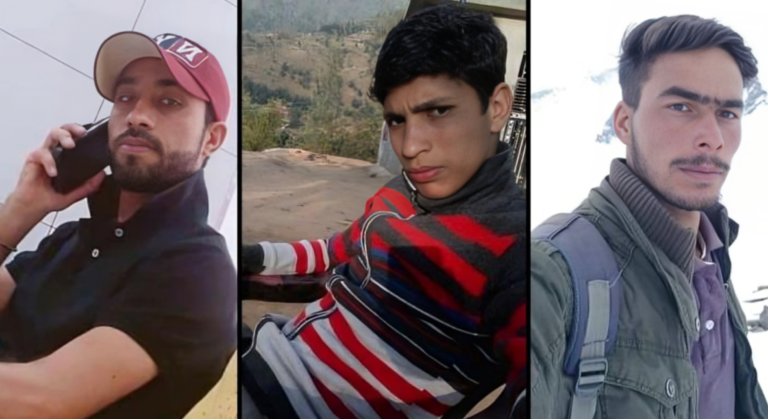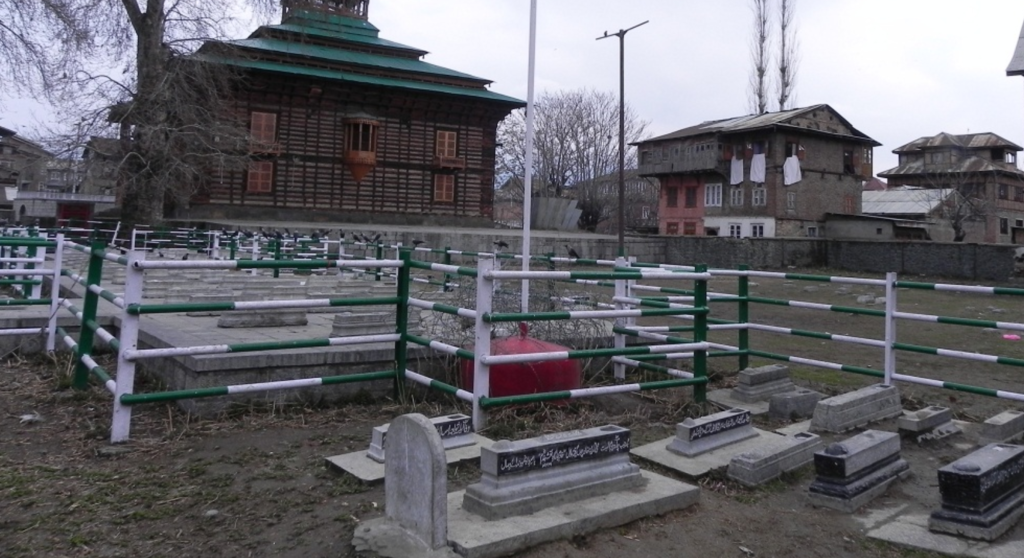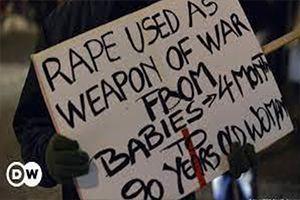
Kashmir and International Day for the Elimination of Sexual Violence in Conflict
Amal
The Weaponization of Rape in Kashmir
Writing this article took an immense amount of courage. As someone bound by the blood of Kashmir, my heart compels me to raise my voice in solidarity with my homeland. The weaponization of rape and sexual violence against Kashmiri women by the occupying Indian regime is a blatant act of cowardice. To this day, countless Kashmiri women have suffered horrific sexual violence, with their homes turned into places of torture. Women of all ages, from minors to the elderly, have been violated by Indian forces in unimaginable ways. At this point in time it’s difficult to think of a form of humiliation they haven’t endured.
A Harsh Reality Reports and Confirmations
The disgraceful Indian regime has relentlessly tried to bury the sexual violence incidents under mountains of lies, but truth is an unstoppable force!
The use of rape by Indian military personnel as a method of retaliation against Kashmiri women is horrifying and deeply disturbing. Human rights abuses have persisted for decades without any significant action being taken.
In a 1993 report, HRW highlighted that Indian forces use rape as a form of retaliation during reprisal attacks following resistance ambushes, often under the guise of cordon and search operations. A 1996 report further stated that rape was used as a counterinsurgency tactic in Kashmir.
The Scholars’ Insights
Scholar Inger Skhjelsbaek, known for her research in conflict areas, has pointed out a disturbing pattern when soldiers enter civilian homes, they often kill or evict the men before raping the women. Seema Kazi has drawn parallels between the motivations behind rapes in Kashmir and those in Rwanda and the Balkans, describing rape in Kashmir as a “cultural weapon of war.” The rape of Kashmiri women by Indian security forces serves to subordinate Kashmiri men and demoralize the resistance. Some mercenary Indian soldiers have even confessed to being commanded to commit rape.
Evidence from the United Nations
At the 52nd United Nations Commission on Human Rights, Professor William Baker presented chilling evidence, showing that rape in Kashmir is not an isolated issue of undisciplined soldiers but a deliberate tactic used by Indian forces to humiliate and terrorize the population. He shared interviews with victims whose family members were forced to witness their rapes. During some interviews with soldiers on why they raped local Kashmiri women, some responded that Kashmiri women were beautiful. Others said it was a non-family station.
The System of Impunity
Amnesty International’s 1992 report stated that rape was systematically used during counter-offensives against militants to shame local Kashmiri communities. Interviews with soldiers revealed disturbing justifications for their actions, ranging from the beauty of Kashmiri women to revenge for actions committed by Kashmiri men against their own communities. The system of impunity provided to Indian soldiers for acts of sexual violence is deeply troubling. Section 5 of the Armed Forces (Special Powers) Act (AFSPA) grants immunity to Army officials, protecting them from prosecution unless the Central Government approves an investigation. This legal protection has led to rarely investigated cases of rape by Indian occupying forces in Kashmir.
According to Kashmir Media Service, between 1989 and 2020, 11,224 women were raped by the Indian occupying forces, including girls as young as 11 and women as old as 60. Victims and their families face immense social stigma, even though these acts were forced upon them at gunpoint. The AFSPA and the Public Safety Act (PSA) gives Indian occupying forces unchecked power, leading to atrocities such as the mass gang rape in the villages of Kunan and Poshpora on February 23, 1991. Mercenary Indian Soldiers from the Rajputana Regiment raped women aged 9 to 80 while the men were taken to interrogation centers.
An Urgent Appeal for International Intervention
On June 19, 2015, the United Nations General Assembly declared June 19 as the International Day for the Elimination of Sexual Violence in Conflict. With a heavy heart, I appeal to the international community and human rights advocates to imagine the daily humiliation and suffering endured by Kashmiri women. Are they not human? What crime have they committed to warrant such inhuman treatment? Every person is entitled to rights, so why are these rights denied to Kashmiri women? Justice for Kashmiri women is long overdue. The international community must acknowledge the atrocities in Kashmir and take decisive action to end this suffering. Justice delayed is justice denied.
A message to the rabidly occupying Indian regime:
Indian regime must know that they can’t just brush aside the heinous crimes committed against innocent Kashmiri men and women as if they were insignificant. We will not rest until the echoes of our outcry reverberate across every corner of the globe!!!
Editor's Pick
Recent Reviews
Kashmir Martyrs’ Day commemorates the July 1931 incident, fueled by oppressive Dogra rule and rising discontent among Muslims. Protests erupted against injustices, leading to the killing of 22 demonstrators by state forces. This pivotal event ignited Kashmir’s struggle for rights and justice, marking a significant chapter in its history.

